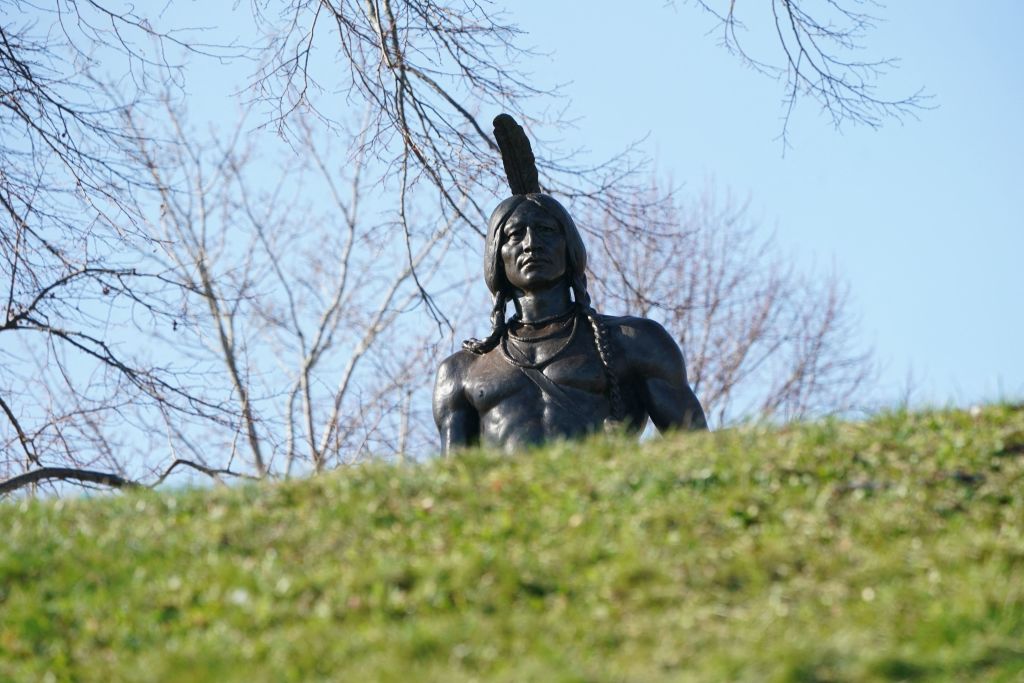Indigenous actress Elaine Miles is most remembered from the 1990s TV show “Northern Exposure,” though more recently, she was as a guest star on an episode of “Last of Us.” But this week, she says she was detained by Immigration and Customs Enforcement after officers questioned the legitimacy of her tribal ID, calling it “fake.”
Miles holds a federally recognized tribal enrollment card from the Confederated Tribes of the Umatilla Indian Reservation — a document that establishes her as both a member of her nation and a U.S. citizen. Tribal IDs have long been accepted forms of identification by federal agencies, including the Transportation Security Administration and U.S. Customs and Border Protection.
Yet Miles’ experience highlights a recurring problem: Native Americans, the first inhabitants of what is now the United States, are sometimes treated as foreigners by the very government their ancestors predated.
The tension is not new. Congress granted U.S. citizenship to all Native Americans in 1924, but federal and local agencies have historically questioned Indigenous status, identity and documentation. From border crossings to interactions with law enforcement, Native people have repeatedly been asked to prove their belonging in their own country — a reality documented by historians and legal scholars.
Start your day with essential news from Salon.
Sign up for our free morning newsletter, Crash Course.
Advocates say inconsistent training on tribal IDs contributes to these incidents. While tribal governments are recognized as sovereign nations with the authority to issue identification, federal officers do not always receive guidance on how to verify them. As a result, even legally recognized citizens can be detained or delayed because their documentation does not match a federal officer’s expectations.
ICE has not commented on Miles’ account.
Miles’ case underscores a stark contradiction: people whose ancestors inhabited this land for millennia can still be treated as outsiders, illustrating how legal recognition and federal enforcement often fail to align in practice.


